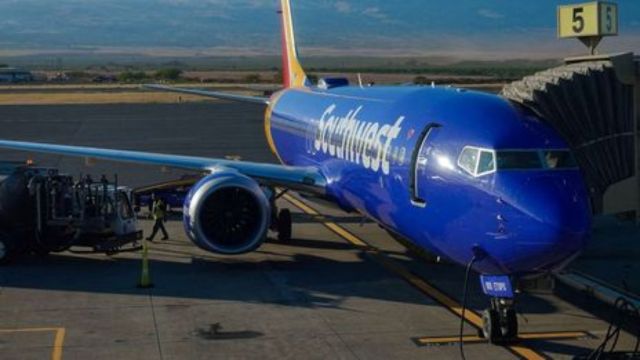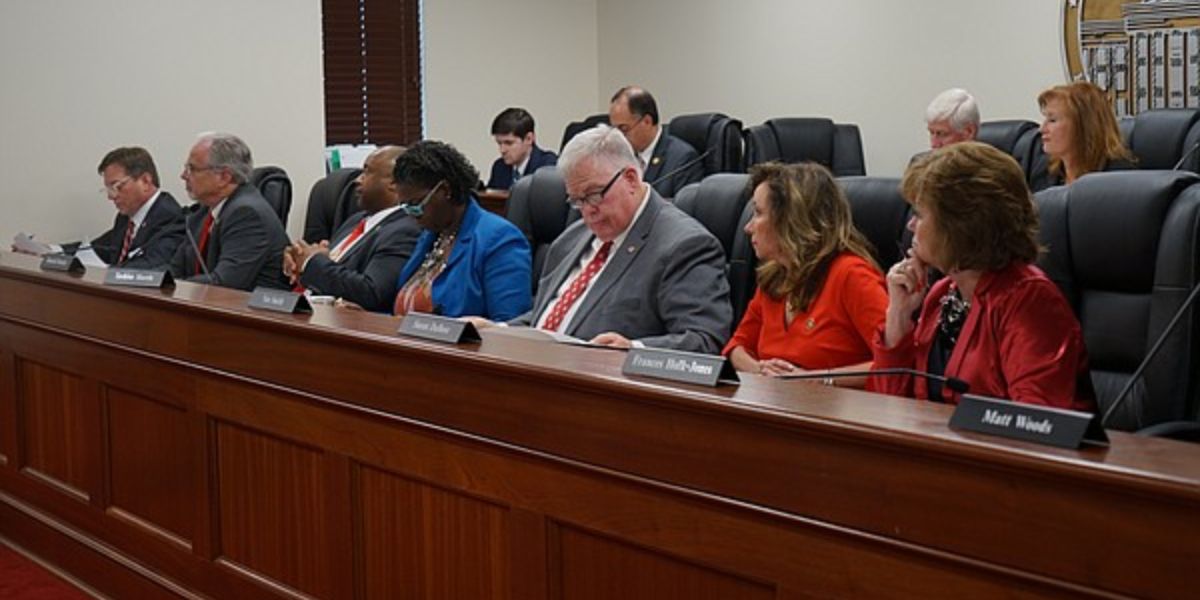Flight attendants at Southwest Airlines have rejected a contract offer that was the result of negotiations between the airline and the union.
According to the Transport Workers Union Local 556, the proposal faced a vote and was declined with a 64% majority against and 36% in favor. Lyn Montgomery, the president of the local, emphasized that the vote came after a prolonged five-year negotiation period, during which flight crews did not receive pay raises.
She stated, “We will return to the bargaining table to secure a collective agreement that addresses the needs of the industry’s hardest-working flight attendants.”
Lyn Montgomery had previously highlighted that the rejected offer would have provided Southwest flight attendants with pay exceeding industry standards, specifically 16% higher than non-union crews at Delta Air Lines.
Dallas-based Southwest expressed disappointment, stating, “We are disappointed the industry-leading agreement reached between the negotiating committees was not ratified.” The airline added that it awaits guidance on the next steps from the union and the National Mediation Board, which has been actively involved in the negotiations.
In addition to the flight attendants, Southwest is engaged in negotiations with its pilots. The pilot group has twice sought permission from federal mediators to initiate a 30-day countdown to a potential strike, but both requests have been denied.
Negotiations for new contracts are underway for flight attendants at American Airlines and United Airlines, and they are represented by unions different from the one at Southwest.
Workers in the airline industry argue that, having continued working throughout the pandemic, they deserve increased compensation now that most carriers have regained profitability. Notably, pilots at American, United, and Delta have successfully secured raises amounting to approximately 40% over a span of five years.




